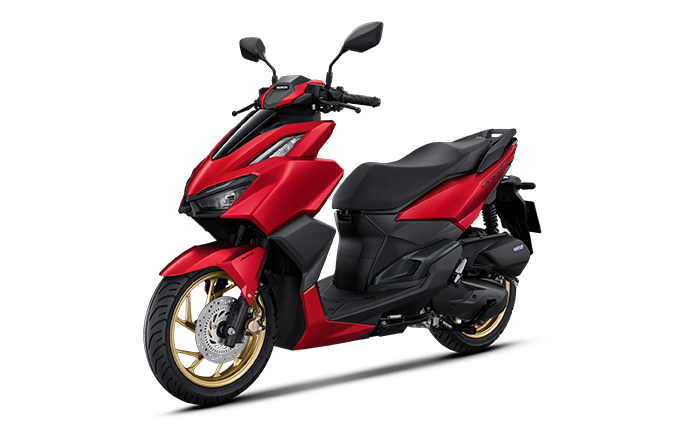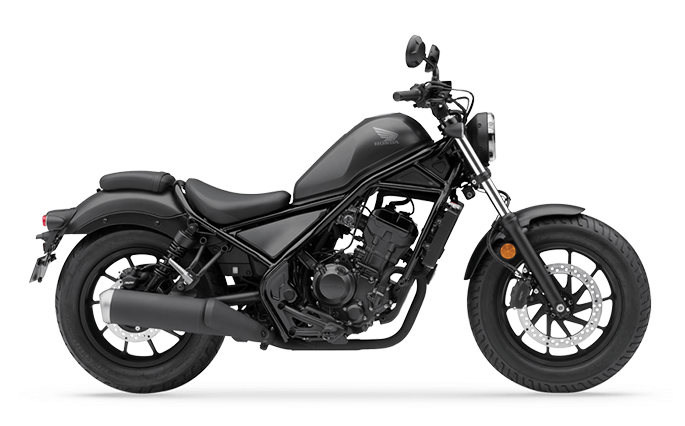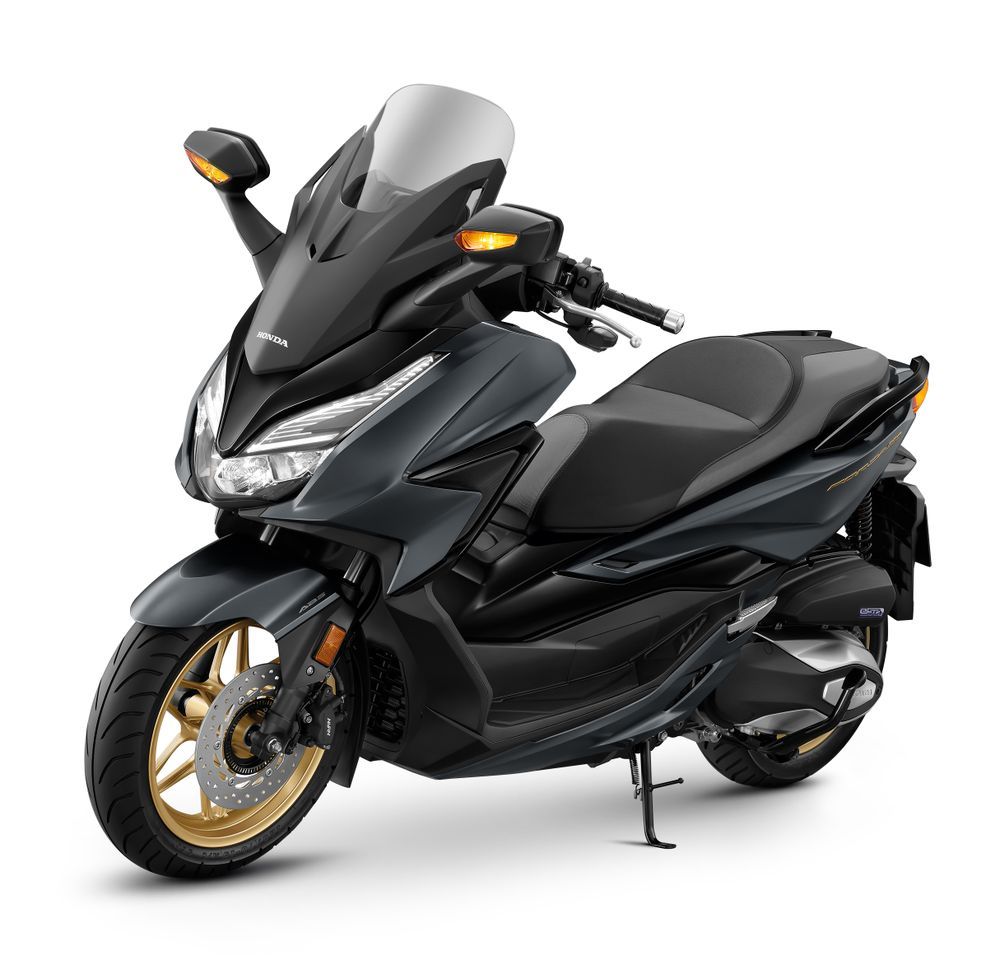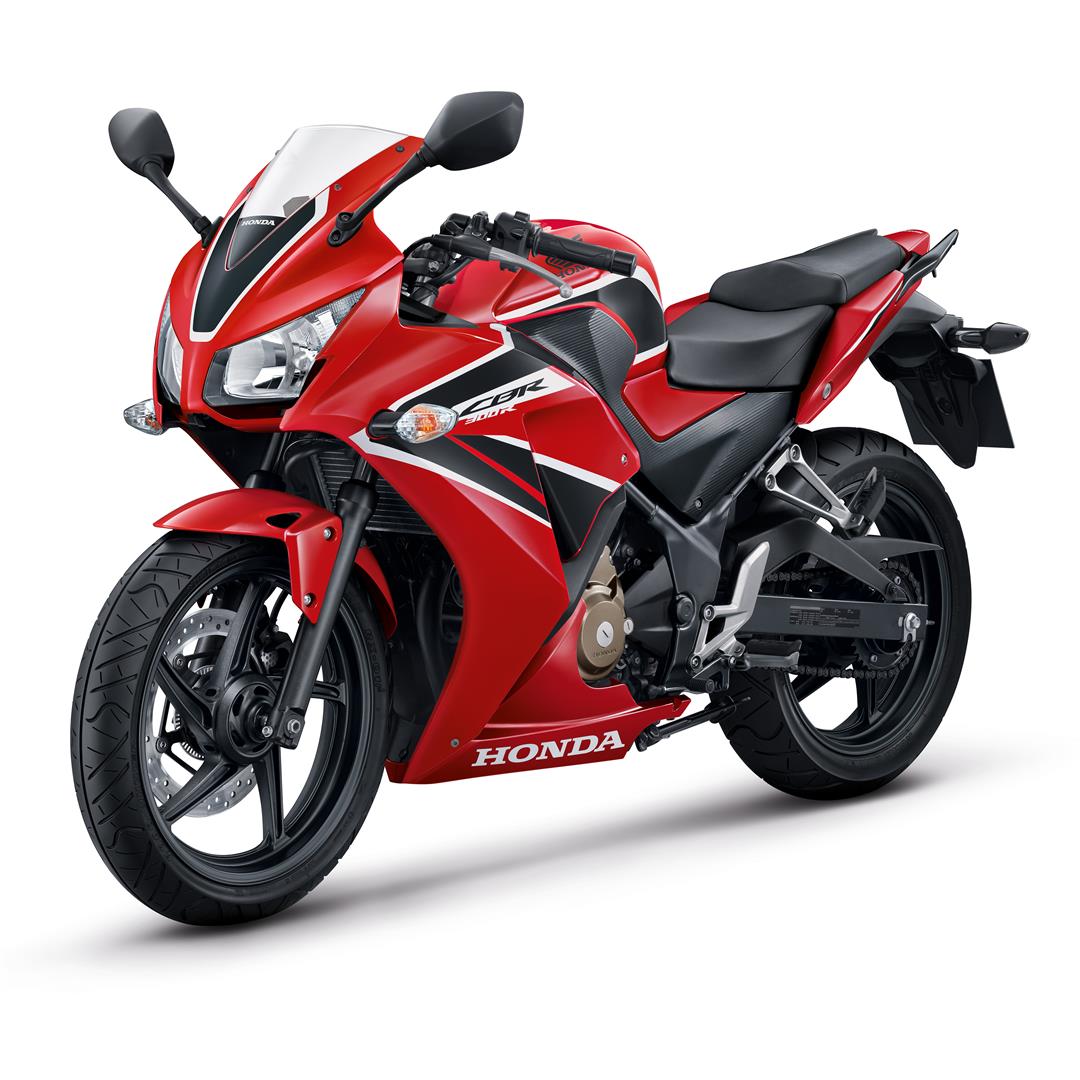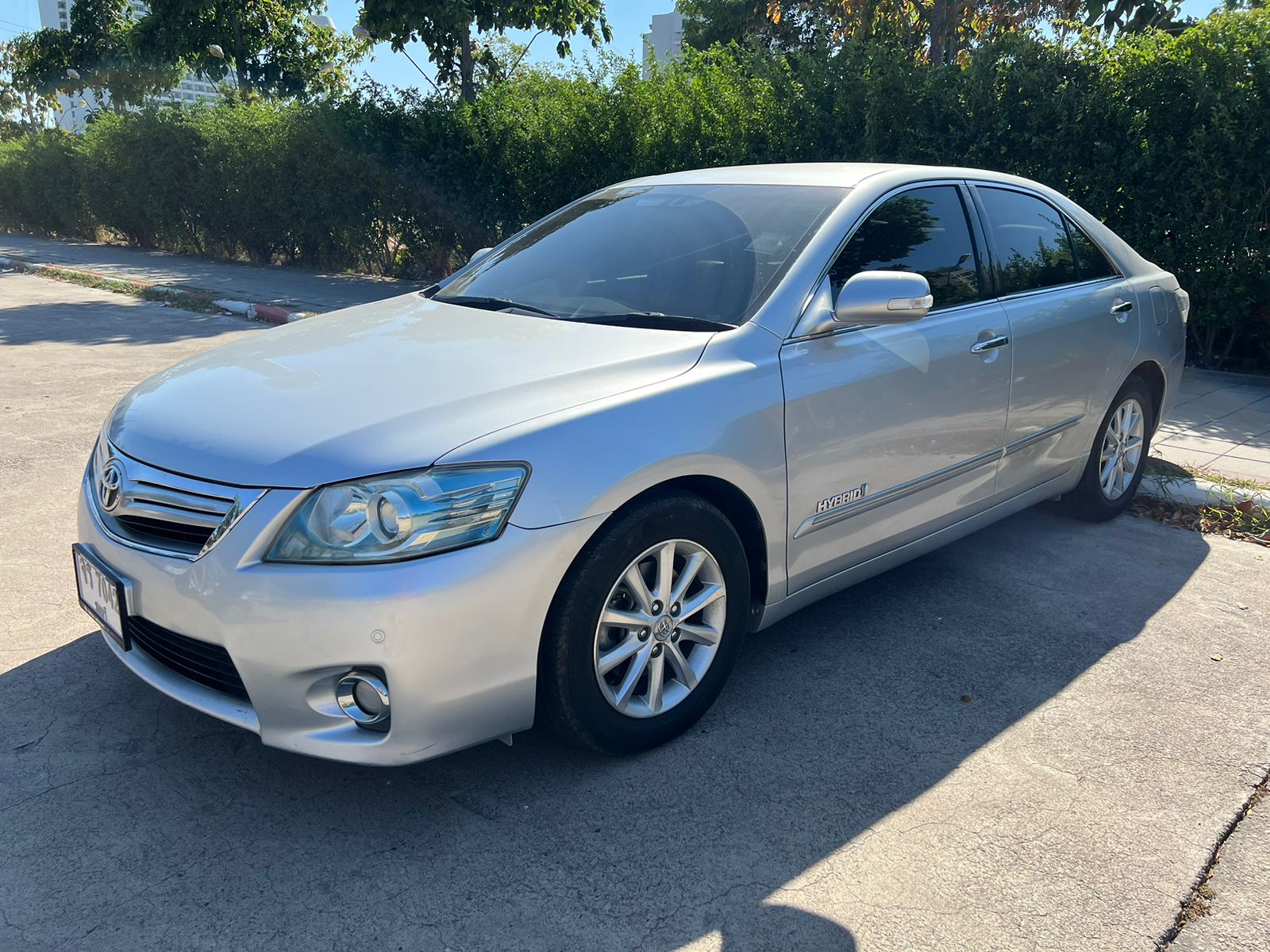
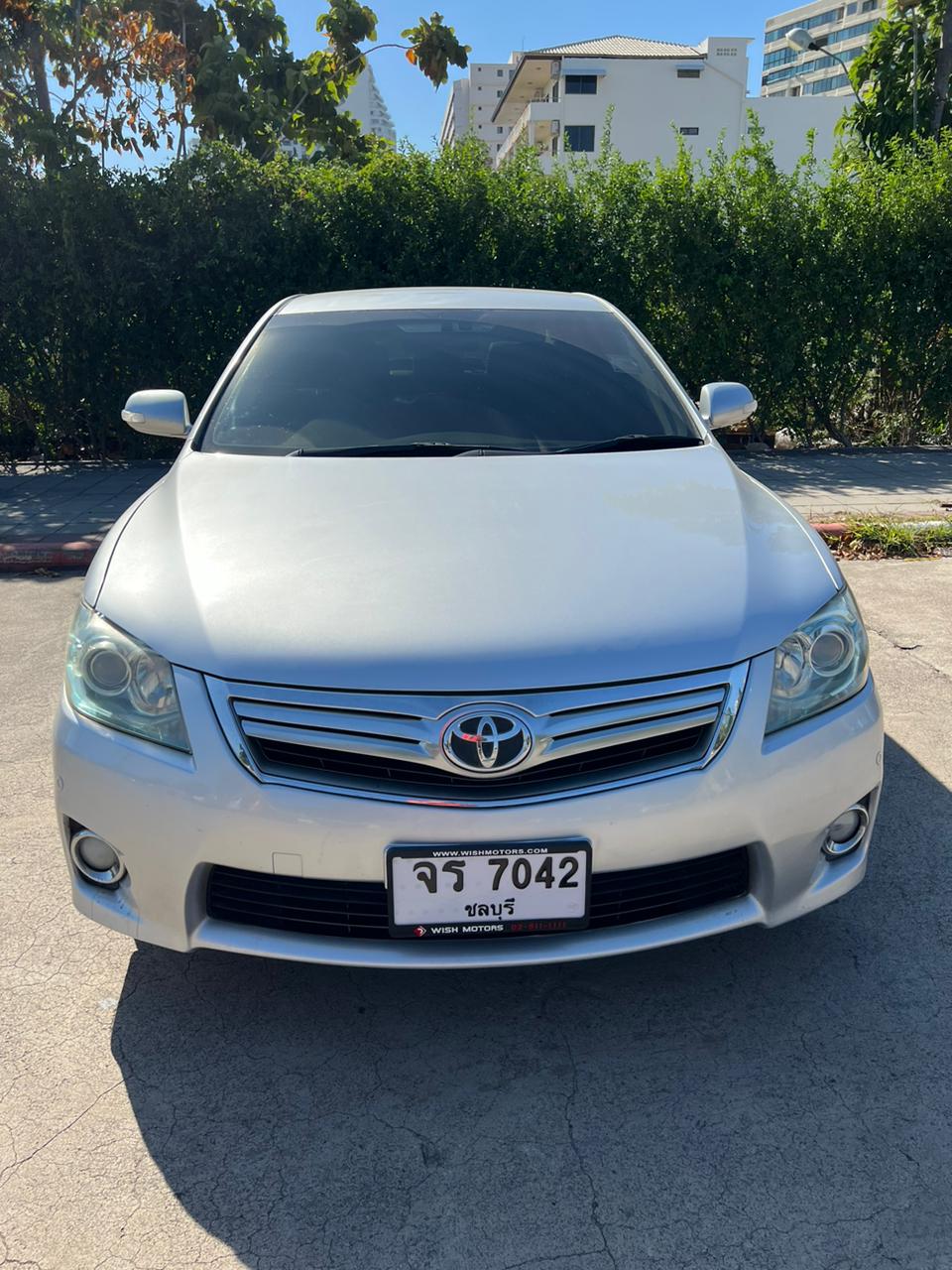
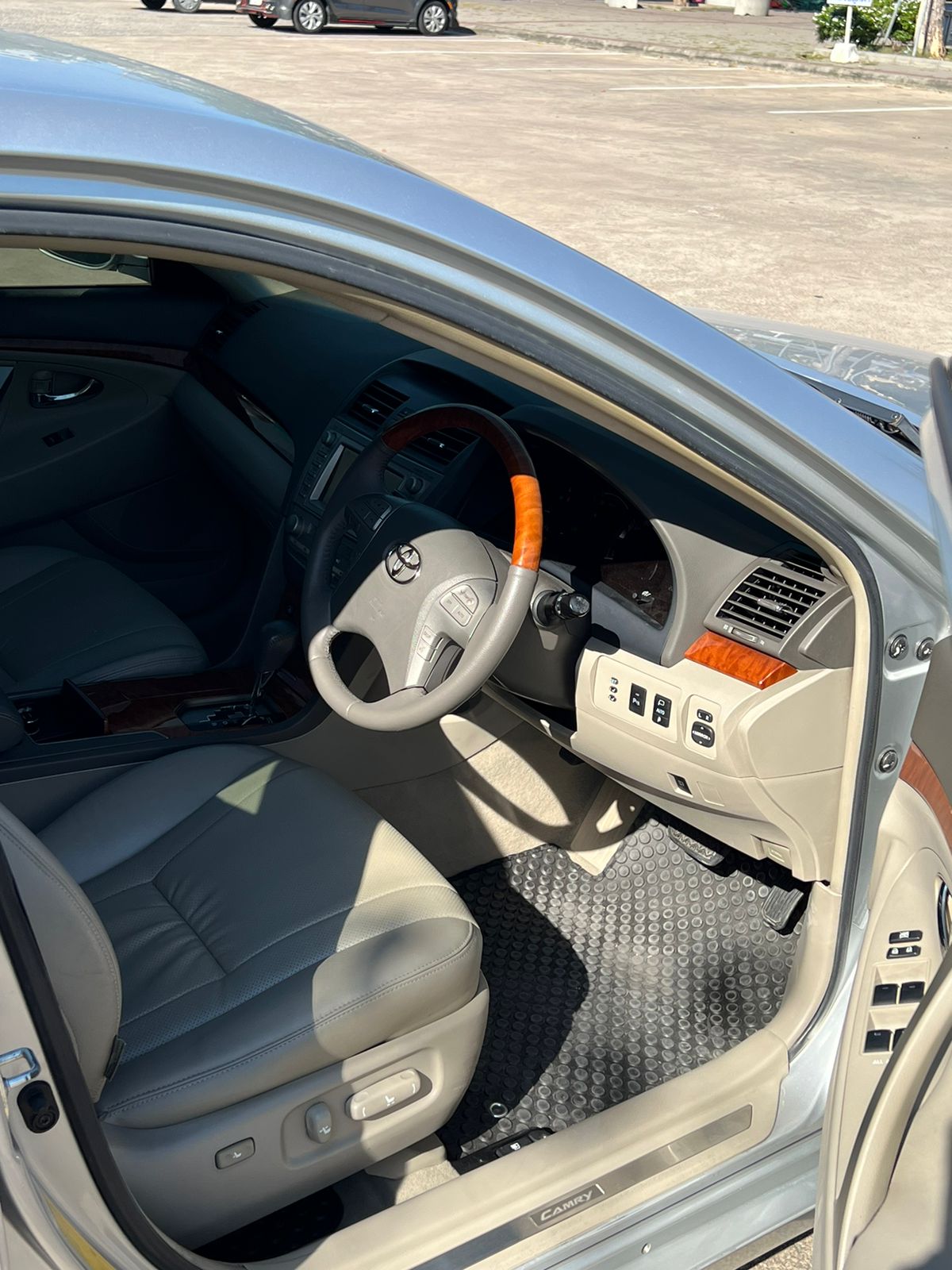
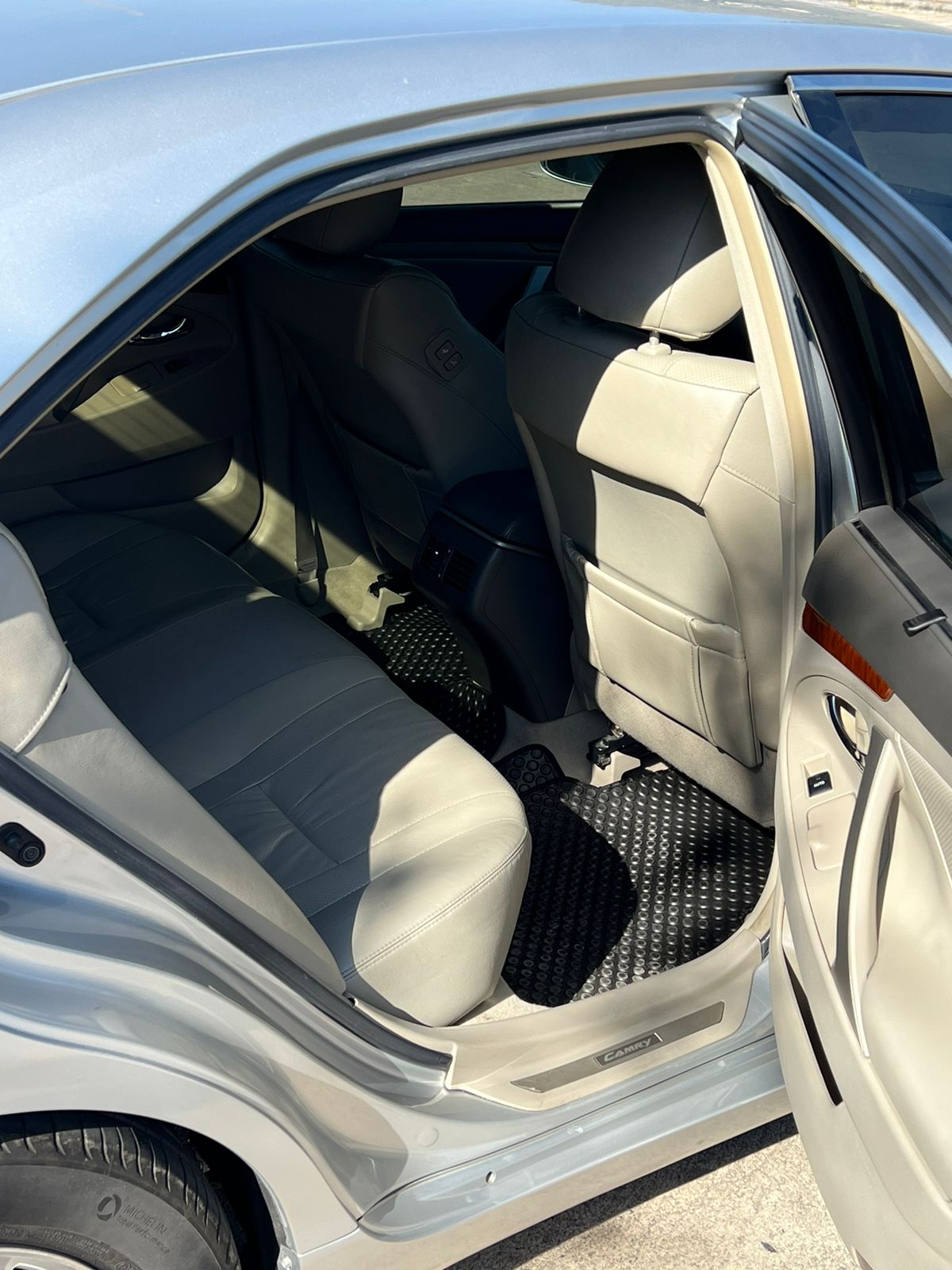
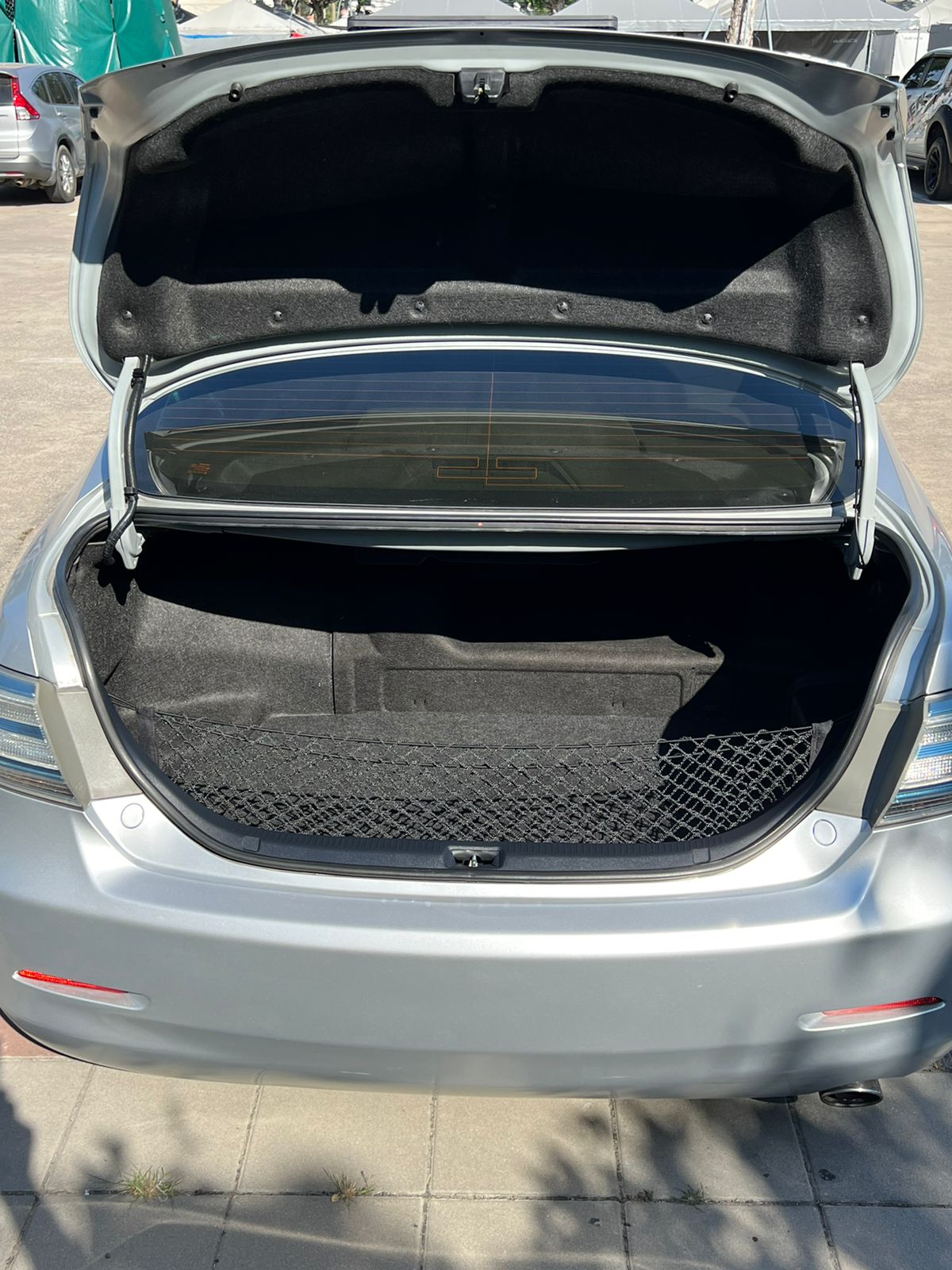
Price
| Days | Cost |
|---|---|
| 1 day | ฿ - |
| 3 days | ฿ - |
| 7 days | ฿ 1500 / day |
| 30 days | ฿ 30000 / month |
| 60 days | ฿ 27000 / month |
| 90 days | ฿ 25500 / month |
Delivery
- Phratamnak:
- Central & Jomtien:
- Na Jomtien & Naklua:
- Ambasador & Sukhumvit:
- ฿ 150
- ฿ 250
- ฿ 400
- ฿ 500
Toyota Camry — 2.4 e-CVT Hybrid, 150 hp (2010)
Comfort-first business sedan with hybrid drive: quiet, efficient and reliable
Specs Technical Data
Powertrain 2.4 Atkinson petrol + e-motor, full hybrid system
Output 150 hp (ICE rating); e-CVT transmission
Drivetrain Front-wheel drive (FWD)
Suspension Independent front/rear, tuned for comfort
Brakes Discs all around, ABS/EBD/VSC
Tyres 215/60 R16 (or 215/55 R17 depending on trim)
Dimensions ≈4815×1820×1470 mm; wheelbase 2775 mm
Clearance / Weight ≈160 mm; curb ≈1600 kg
Boot ≈422 L (reduced due to hybrid battery)
Fuel tank ≈65 L
Fuel economy ≈ 5.8 L/100 km (combined)
Full tank 65 L → range ≈ 1100 km
Performance 0–100 km/h ≈9.5 s; top ≈185 km/h
Safety 6 airbags, ISOFIX, stability/assist systems
Comfort & media Climate control, cruise, Bluetooth/USB
Pros Advantages
- Exceptionally smooth and quiet hybrid e-CVT drive.
- Low fuel consumption for a D-segment sedan.
- Spacious cabin with excellent rear seat comfort.
- Camry-grade reliability and easy maintenance.
Cons Things to note
- Smaller trunk vs non-hybrid due to battery.
- Performance is relaxed — tuned for comfort, not sport.
- Hybrid components can be pricier to service.
Best for Recommendations
- Business trips and long-distance cruising.
- Drivers who value comfort, quietness and efficiency.
- Families appreciating a soft ride and generous space.
Summary Final verdict
Toyota Camry 2.4 Hybrid (2010) delivers serene comfort and excellent range (≈1100 km) with hybrid efficiency. A great daily and long-trip companion in the business class.
